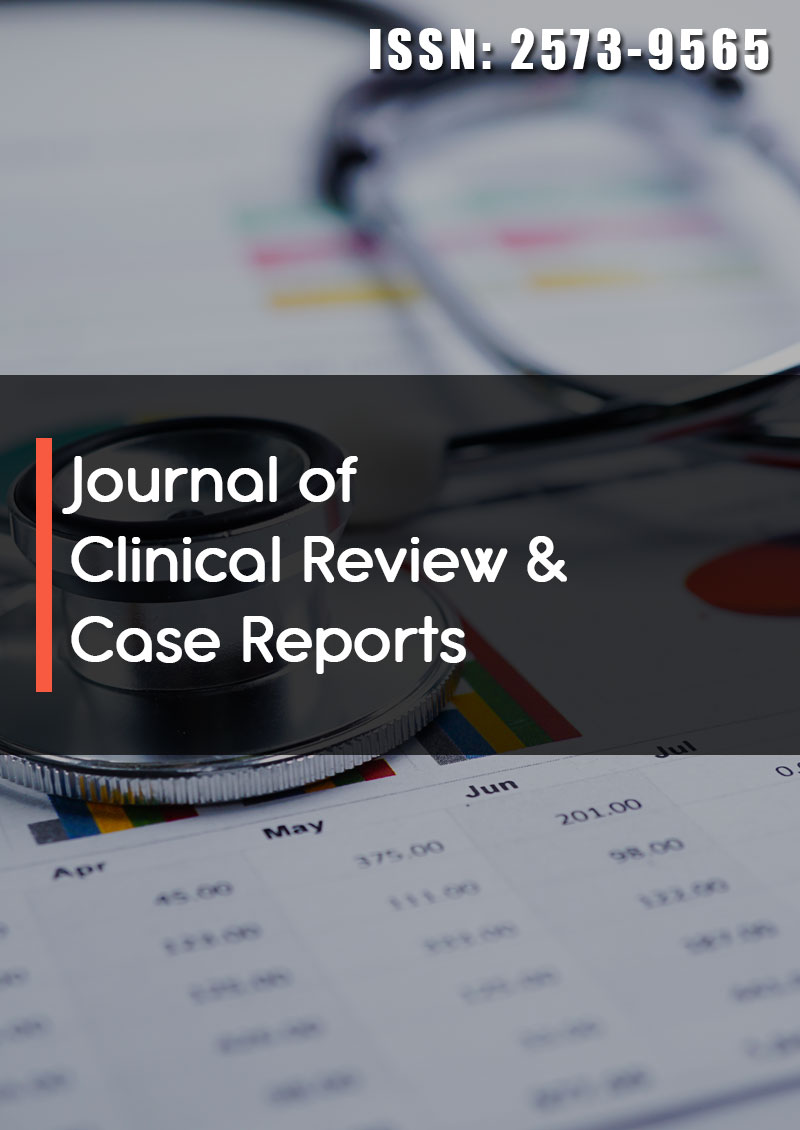Neuropsychological Correlates of Reading and Writing in Brazilian Children with Developmental Dyslexia
Abstract
Roseline Nascimento de Ardiles, Eda Marconi Custodio, Alexandra Reis and Salome Morais
Due to the close relationship between reading and quick naming, people with developmental dyslexia (DD) would have difficulty reading words accurately and quickly, writing by phonographic coding and reading by grapheophic decoding. Cognitive abilities of reading and writing were evaluated in two groups of primary school students: 23 with DD and 23 with typical development (DT) of the state of São Paulo, Brazil. The Reading Age Test (TIL), the Rapid Automatized Naming (RAN) test and the writing subtest of the 3DM Battery were used. There was a high association and similarity (p <0.01) between TIL (total of correct answers, sentence read per second and final note) and RAN (time to recognize the stimuli). DT read 80.6% of sentences, scored 75%; the DD read 50% and hit 44.4%. DT obtained better performance in the time variable for all RAN stimuli. The stimulus “Letters, numbers and Colors” revealed a greater distance of result between the groups, with difference of 21,14 seconds. DT obtained better performance for the writing test (8.7 errors, σ = 2.7; 5.5 hits, σ = 2.8) than the DD (15.5 errors, σ = 5.7; 47.3 hits, σ = 6.2). Of the 357 errors, DD presented a higher incidence of errors in words with irregular grapheme-phoneme correspondence (186), complex graphemes (72), contextual grapheme-phoneme (56) and simple grapheme-phoneme (48). The DD revealed inferior performances compared to the DT and difficulty in reading gramophonetically irregular words, speed, accuracy and fluency, expressing significant difficulty in accessing the lexicon. The phonological component didn’t reveal to be the central cause of deficits for children with DD in this study, suggesting that the deficit in visual and visual-orthographic attention interacts with language problems, causing reading deficits even before access and phonological recovery



